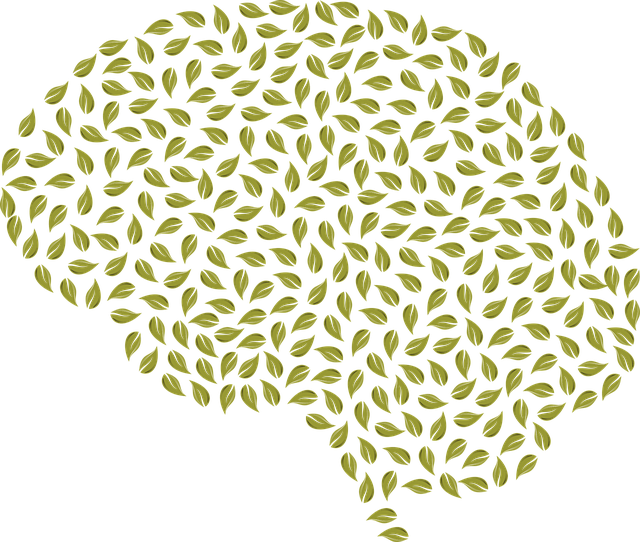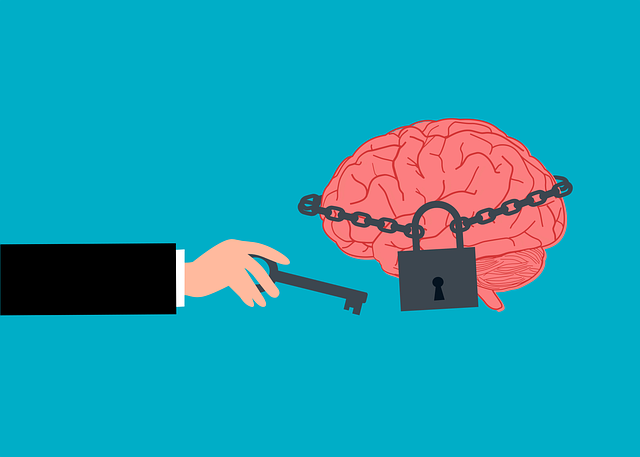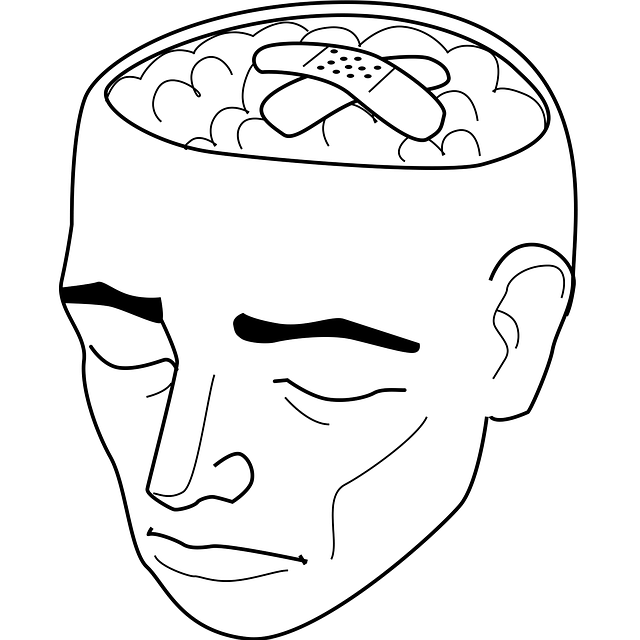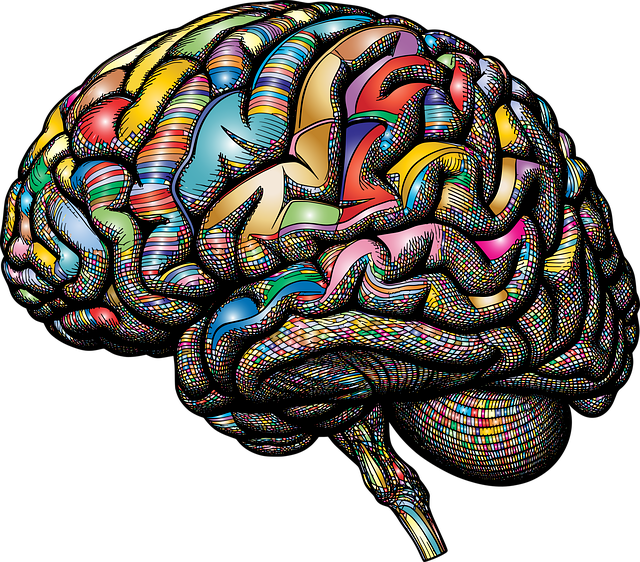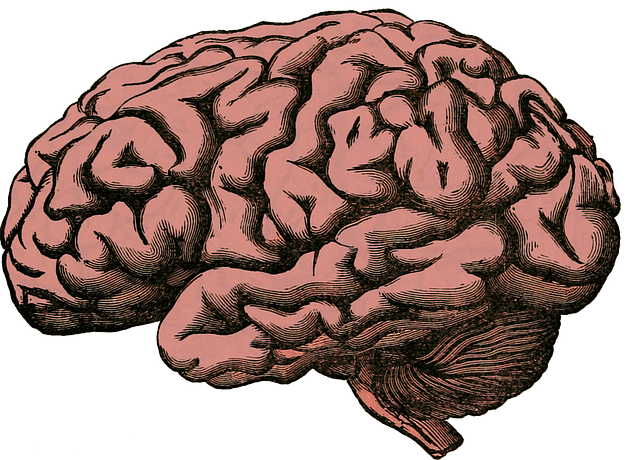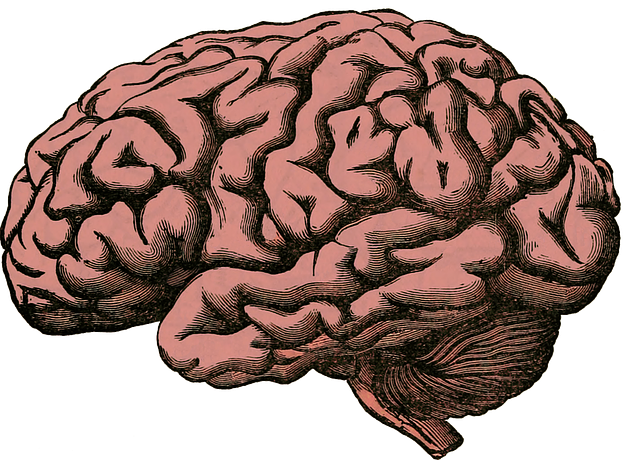Northglenn Chronic Pain Therapy provides specialized support for individuals navigating loss, grief, and bereavement, addressing both physical and emotional challenges. Their holistic approach includes counseling, coping skills development, positive thinking encouragement, and tailored self-care practices to aid healing and improve mental wellness. By integrating mindfulness practices and peer support groups, they empower clients to effectively process emotions, manage chronic pain, and foster resilience during difficult times.
Loss, grief, and bereavement are complex emotional journeys that can significantly impact an individual’s well-being. This article explores these intricate relationships and offers insights into effective counseling strategies. From understanding the unique challenges of chronic pain during grief to introducing innovative approaches like Northglenn Chronic Pain Therapy, we delve into ways to support bereaved individuals. Additionally, we discuss common barriers in grief counseling and provide valuable techniques for long-term healing, emphasizing the importance of a holistic approach.
- Understanding Loss, Grief, and Bereavement: A Complex Relationship
- The Impact of Chronic Pain on Grieving Processes
- Northglenn Chronic Pain Therapy: A Unique Approach to Support Bereaved Individuals
- Common Challenges in Grief Counseling: Strategies for Overcoming Barriers
- Integrating Mindfulness and Other Techniques for Long-Term Healing
Understanding Loss, Grief, and Bereavement: A Complex Relationship

Understanding loss, grief, and bereavement is a complex dance, where each step intertwines with the other, shaping a unique journey for every individual. Loss can stem from various sources—a loved one’s passing, an unexpected illness, or even a significant life change. It’s not merely the absence of someone or something but the emotional, psychological, and sometimes physical aftermath that follows. Grief, as a natural response, is the body’s way of processing this loss, often characterized by deep sorrow, memories, and a longing for what was. Bereavement, on the other hand, refers to the period after losing a loved one, where individuals navigate their new reality without that person in their lives.
This intricate relationship involves a spectrum of emotions—denial, anger, bargaining, depression, and acceptance—as people try to make sense of their loss. Northglenn Chronic Pain Therapy recognizes these complexities and offers support through counseling, focusing on developing coping skills, encouraging positive thinking, and promoting self-care practices tailored to each individual’s needs. By navigating these uncharted waters together, the therapeutic process aids in healing and moving forward while cherishing memories and finding strength in the face of adversity.
The Impact of Chronic Pain on Grieving Processes

Chronic pain can significantly impact an individual’s ability to navigate and process grief effectively. When someone is dealing with long-term pain, their emotional well-being may be compromised, making it more challenging to cope with the loss of a loved one. The constant physical discomfort and limitations imposed by chronic pain can lead to increased stress, anxiety, and depression, which are common side effects during bereavement. This, in turn, can prolong the grieving process and make it more intense.
In Northglenn, Chronic Pain Therapy is a specialized service that recognizes these challenges. Mental Health Education Programs Design often incorporate strategies like Mental Wellness Journaling Exercise Guidance to help individuals manage their pain and emotions simultaneously. Building resilience is another key aspect of these programs, teaching clients coping mechanisms to deal with both the physical and emotional aspects of chronic pain. By addressing these issues holistically, therapists enable individuals to process grief in healthier ways, fostering a sense of healing and improved mental wellness.
Northglenn Chronic Pain Therapy: A Unique Approach to Support Bereaved Individuals

In the context of loss, grief, and bereavement counseling, Northglenn Chronic Pain Therapy offers a unique and specialized approach to support individuals navigating these challenging times. This innovative therapy goes beyond traditional grief counseling by addressing the often-overlooked physical and emotional components that arise during periods of profound loss. Many people experience chronic pain—both physical and psychological—as a result of grief, which can be exacerbated by stress and lack of proper coping mechanisms.
Northglenn Chronic Pain Therapy integrates mental wellness journaling exercises guided by professionals to help individuals process their emotions, with the goal of enhancing mental health. Additionally, its community outreach program implementation facilitates peer support groups, providing a safe space for bereaved folks to share their stories and find solace in shared experiences. This holistic approach not only complements traditional risk assessment for mental health professionals but also empowers individuals to manage their grief and ultimately improve their overall well-being.
Common Challenges in Grief Counseling: Strategies for Overcoming Barriers

Grief counseling can be a complex process due to the multifaceted nature of loss and individual differences in coping mechanisms. Common challenges include suppressing emotions, avoiding the topic of loss, feeling isolated or misunderstood, and struggling with practical tasks during an already emotionally taxing time. These barriers often hinder effective communication between client and counselor.
Overcoming these obstacles requires a nuanced approach that combines empathy, active listening, and tailored strategies. Mental Health Awareness and Emotional Regulation techniques can be instrumental in helping individuals process their grief healthily. Promoting open dialogue about emotions, encouraging engagement in activities that foster emotional well-being, and offering practical support through resources like Northglenn Chronic Pain Therapy are all part of the process aimed at assisting clients in navigating their grief journey with greater ease.
Integrating Mindfulness and Other Techniques for Long-Term Healing

In the journey towards healing from loss, grief, and bereavement, integrating mindfulness practices offers a powerful tool for long-term emotional well-being. Mindfulness, at its core, encourages individuals to focus on the present moment, accepting feelings and sensations without judgment. This technique, often cultivated through meditation, can significantly reduce the intensity of negative emotions associated with mourning. By fostering a sense of calm and self-awareness, mindfulness helps individuals process their grief in healthier ways, enabling them to navigate the complex landscape of bereavement with greater clarity and resilience.
For those seeking comprehensive support, combining mindfulness with other evidence-based practices can be highly effective. Northglenn Chronic Pain Therapy, for instance, offers specialized services that include crisis intervention guidance tailored to individuals dealing with grief. These sessions not only incorporate mindfulness but also explore techniques for mood management, addressing potential challenges related to mental illness stigma reduction efforts. Such holistic approaches ensure that clients receive the tools needed to navigate their emotions, fostering a sense of healing and empowerment in the aftermath of loss.
Loss, grief, and bereavement counseling are essential aspects of healing after a significant loss. By understanding the complex relationship between these concepts, recognizing the impact of chronic pain on grieving processes, and adopting innovative approaches like Northglenn Chronic Pain Therapy, individuals can navigate their emotional journeys more effectively. Overcoming challenges in grief counseling through strategic interventions, combined with integrating mindfulness and other techniques, fosters long-term healing and resilience. These comprehensive strategies empower individuals to find solace and move forward after a profound loss.

